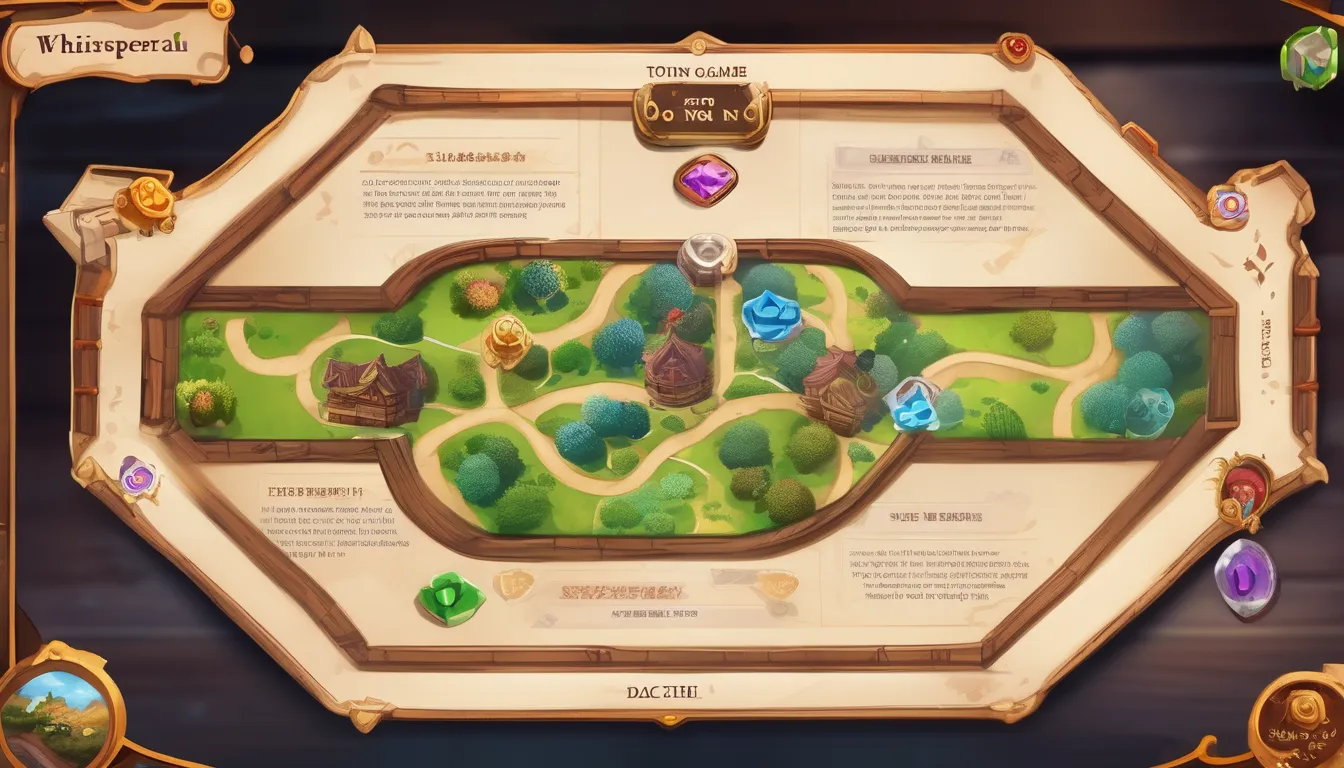
As you consider the impact of cryptocurrency on the gaming industry, you might wonder how far this integration will go. The truth is, we’ve already seen significant changes, from the rise of unique digital assets and play-to-earn models to the emergence of gaming NFTs and decentralized gaming platforms. What’s striking is how these developments have created new revenue streams and business models, such as NFT-based subscriptions. But the question remains: how will mainstream gaming developers’ increasing adoption of blockchain technology shape the future of crypto gaming, and what opportunities – or challenges – will this bring to the table?
Early Adoption of Blockchain
As you delve into the world of gaming and cryptocurrency, it’s alongside the rise of blockchain technology that you’ll find the early adoption of this innovative concept.
You’ll discover that the early adopters of blockchain in gaming focused on exploring the technology’s potential for secure, transparent, and decentralized data management.
This led to the development of various blockchain-based gaming platforms and tools.
One key area of focus was the creation of unique digital assets, such as in-game items and collectibles.
These assets were stored on the blockchain, ensuring their scarcity, ownership, and provenance.
This innovation opened up new possibilities for gamers to buy, sell, and trade digital assets, creating new revenue streams and business models for game developers.
As you explore the early adoption of blockchain in gaming, you’ll notice the emphasis on security, transparency, and decentralization.
This marked the beginning of a new era in gaming, where blockchain technology played a crucial role in shaping the industry’s future.
The early adoption of blockchain paved the way for more advanced applications of this technology in the gaming space.
Rise of Play-to-Earn Models
Several years into the adoption of blockchain technology, the gaming industry witnessed a significant shift with the rise of play-to-earn models. You’re no longer just playing for fun – you’re playing to earn rewards, tokens, or even cryptocurrencies.
This new paradigm has changed the way gamers approach games, with many now focusing on earning as much as possible. Play-to-earn models have created a new economy within the gaming world, where players can buy, sell, and trade their in-game assets.
You may have noticed that play-to-earn models often reward players with cryptocurrencies or tokens that can be used within the game or exchanged for real-world currencies. This has led to a new level of engagement, as players are motivated to continue playing to earn more rewards.
The rise of play-to-earn models has also created new opportunities for game developers, who can now monetize their games more effectively. As you explore the world of play-to-earn models, you’ll realize that this shift has opened up new possibilities for both gamers and game developers alike.
Emergence of Gaming NFTs
One of the most significant developments in the gaming industry’s adoption of blockchain technology is the emergence of gaming NFTs.
As you explore this phenomenon, you’ll notice that NFTs (Non-Fungible Tokens) are unique digital assets that represent ownership of in-game items, characters, or experiences. These tokens are stored on a blockchain, ensuring their scarcity, authenticity, and provenance.
You can buy, sell, or trade gaming NFTs just like any other digital asset. This has led to the creation of new markets and revenue streams for game developers and players alike. Some games even allow you to create and mint your own NFTs, giving you a sense of ownership and agency within the game world.
The emergence of gaming NFTs has also enabled new business models, such as NFT-based subscriptions and premium content. As a gamer, you can now invest in NFTs that grant you exclusive access to in-game content, early updates, or special perks. This shift has transformed the way you engage with games and has opened up new opportunities for game developers to monetize their creations.
Decentralized Gaming Platforms
What if you could play games on a platform that’s not controlled by a single entity, where you have complete ownership of your in-game assets and can truly decide how you want to engage with the community? This is the promise of decentralized gaming platforms, which use blockchain technology to create a peer-to-peer network that’s governed by its users.
Decentralized gaming platforms give you full control over your digital assets, from in-game items to characters. You can buy, sell, or trade them without relying on a third-party intermediary.
These platforms also enable community-driven decision-making, where users can vote on updates, changes, and new features.
Platforms like Roblox and Decentraland have already shown the potential of decentralized gaming. They allow users to create, share, and monetize their own games and experiences.
With decentralized gaming platforms, you’re not just a player – you’re a participant in a community that’s shaping the future of gaming. This shift in power dynamics is revolutionizing the gaming industry, putting users at the forefront and creating new opportunities for creators and players alike.
Future of Crypto Gaming
As decentralized gaming platforms continue to gain traction, they’re paving the way for a future where crypto gaming becomes the norm.
You’re likely to see more gamers embracing blockchain technology and cryptocurrency as the industry continues to evolve. This shift will bring about new opportunities whispervale gamers, developers, and investors alike.
As you look to the future of crypto gaming, here are a few things you can expect:
- Increased Adoption: More mainstream game developers will begin to incorporate blockchain technology and cryptocurrency into their games, making crypto gaming more accessible to a wider audience.
- Improved Gaming Experiences: The use of blockchain technology will enable the creation of more immersive and interactive gaming experiences, with features like virtual worlds and decentralized marketplaces.
- New Revenue Streams: Crypto gaming will open up new revenue streams for gamers, developers, and investors, such as the ability to buy, sell, and trade in-game assets and virtual currencies.
Conclusion
You’re on the cusp of a revolution in gaming. As crypto gaming evolves, you can expect mainstream developers to incorporate blockchain technology, making it more accessible to a wider audience. With the rise of NFT-based subscriptions and decentralized platforms, you’ll have full control over your digital assets. The future of gaming is here, and it’s decentralized, secure, and transparent. Get ready to experience gaming like never before, with new revenue streams and business models emerging every day.

